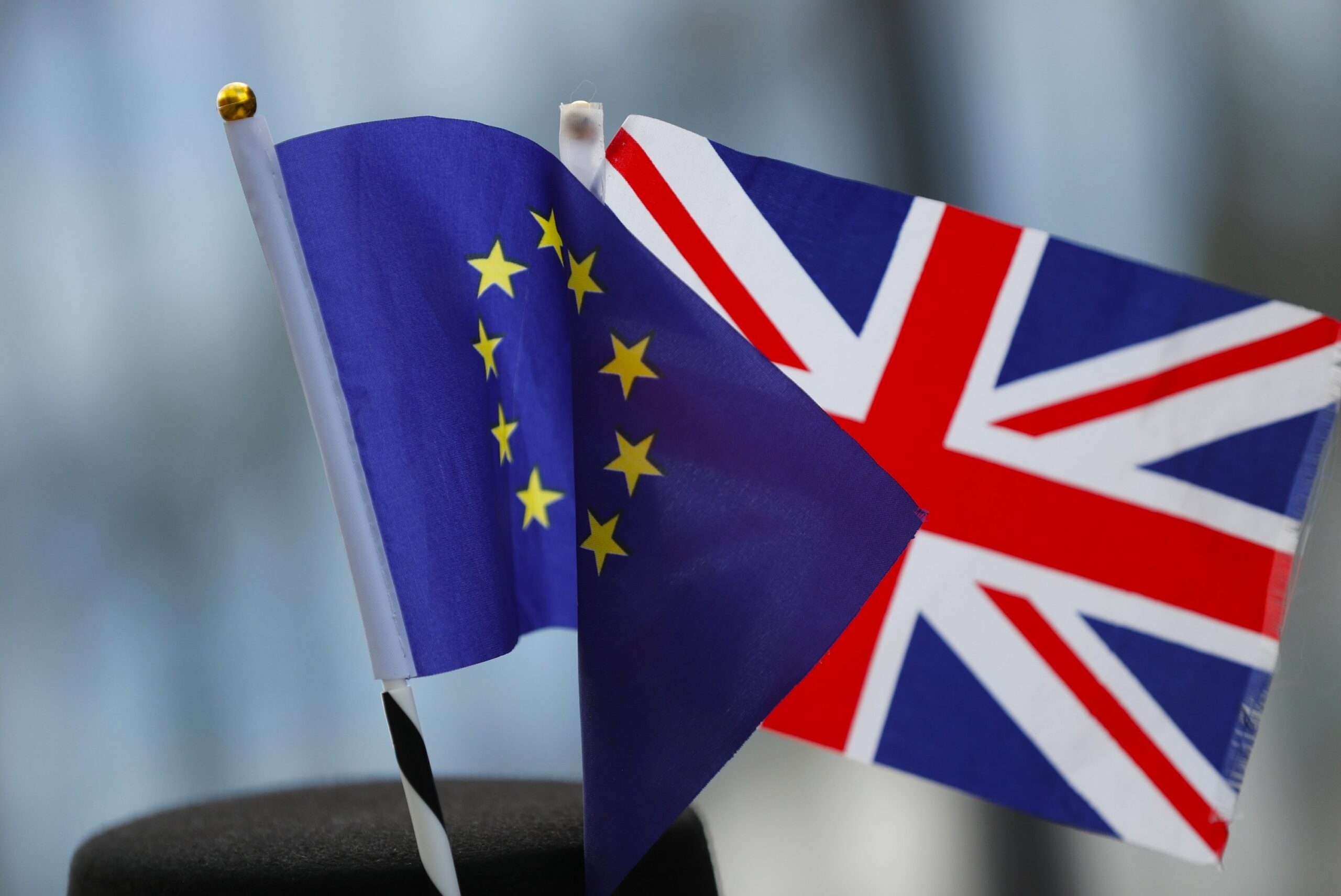
Steel originating in the EU can enter Northern Ireland tariff- and quota-free, senior UK steel sources confirm. However, all origins outside the EU and Great Britain are automatically levied with a 25% tariff.
There had in recent days been speculation that all steel that does not originate in Great Britain would incur a 25% tariff when entering Northern Ireland. However, this is the case only for non-EU steel.
The UK Customs authority recently announced that any steel moving from Great Britain to Northern Ireland would be subject to EU steel quotas until UK authorities negotiate a permanent solution with the European Commission (see Kallanish passim). For now, Great British-origin steel can enter Northern Ireland tariff-free only if it has not filled the EU’s quota for the specific good. The Department for Business, Energy and Industrial Strategy must also be informed of any movement of goods.
This effectively seems to mean that buyers in Northern Ireland can import tariff- and quota-free steel only from the EU, severely limiting their supply options. It remains to be seen whether this restricted supply situation has an impact on steel availability and prices in Northern Ireland.
“Ultimately, all the Great Britain to Northern Ireland steel movements will be registered against UK TRQs [tariff rate quotas], but we don’t know when or what impact it will have on the overall use of the UK’s TRQs within the EU steel safeguards,” a UK steel source says. “We’re obviously asking for the government to develop a longer-term solution.”
The situation is causing confusion among suppliers. One Turkish supplier said this week: “Everything that we bring into Northern Ireland falls under a 25% tax. The system has collapsed. And they changed the rules last Friday without telling anyone.” The seller has suspended sales to Northern Ireland until the issue is resolved, or asked customers there to pay the 25% tariff upfront.
UK Customs authority HMRC, the Department for International Trade, and Cabinet Office each did not provide comment before deadline.





